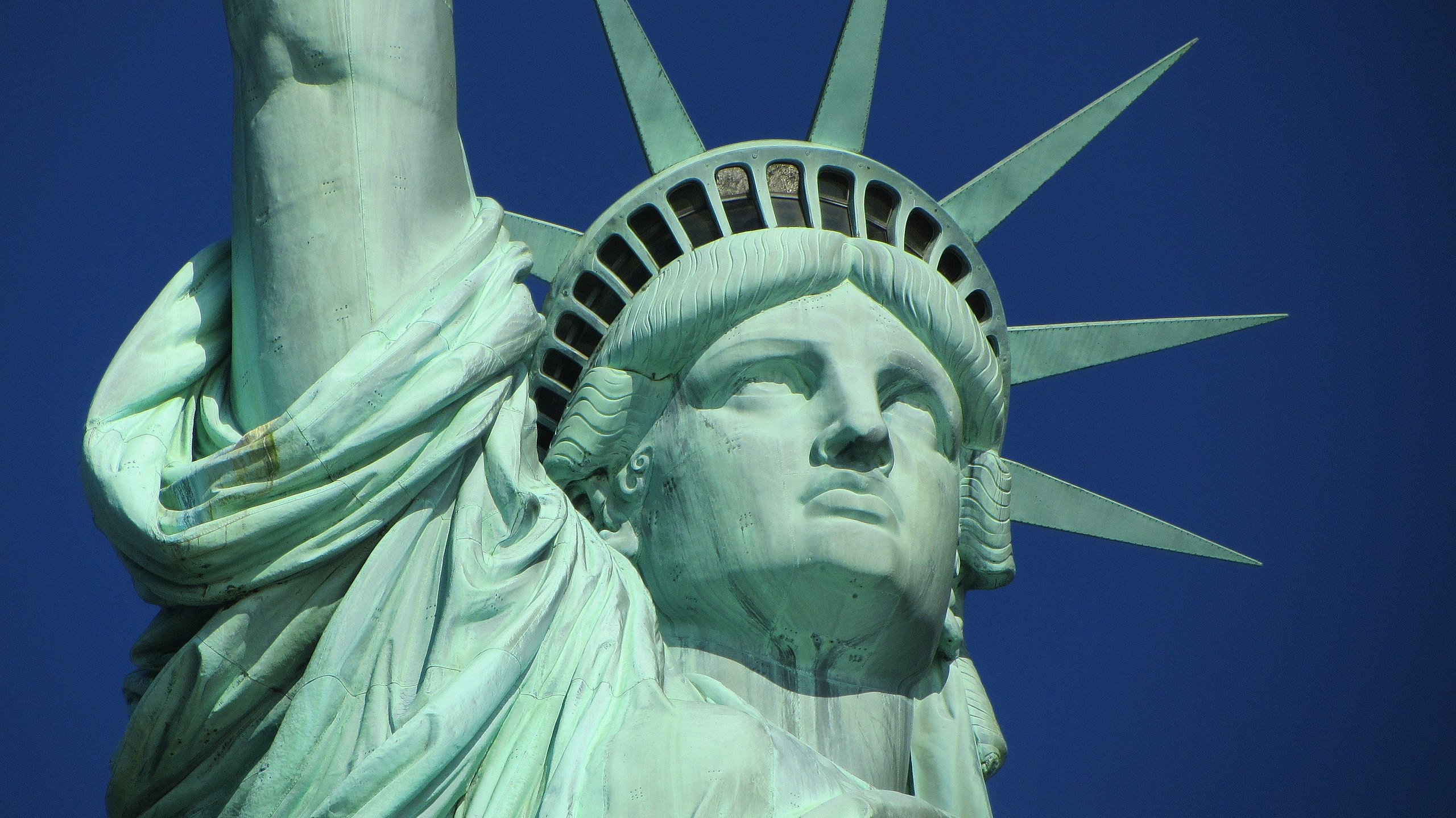
President Trump promised Saudi and other Middle Eastern leaders that the United States, under his administration, would stop “giving you lectures on how to live.” Hectoring foreign governments about their human rights violations has rarely been an effective tactic. Trump’s subsequent Oval Office lecture to South African president Cyril Ramaphosa was a case in point: at home, Ramaphosa was hailed for remaining cool in the face of Trump’s “inflammatory narrative of a white genocide.”
Trump also told the Saudis that America was done with nation-building and intervention. But he has proposed moving the entire population of Gaza to other countries, making room for luxury resorts.
American human rights policy is in need of coherent alternatives to the institutionalized universalism of the post-war era. But under Trump, these contradictions show that none have emerged other than his “America First” slogan, which suggests detachment from the nation’s tradition of promoting liberty abroad.
The new administration has shown little respect or support for international human rights law and institutions, and it is no wonder. While established to make basic human rights standards universal and enforced by international legal obligations, the United Nations human rights system has come under the influence of regimes that do not respect human rights and exploit it to justify oppression. International human rights law is routinely ignored and still considered an imposition on their own values by Western democracies on non-Western societies.
Freedom is in retreat around the world, but little progress has been made in moving beyond discredited policies and institutions. In President Trump’s first term, however, modest steps were taken to chart another course regarding the promotion of basic rights and freedoms. A Commission on Unalienable Rights was formed to clarify the meaning of human rights in the face of proliferating international legislation, and the State Department promoted alliances with like-minded states to protect religious freedom while avoiding the corrupt UN human rights system.
But in this term, Trump is missing an opportunity to uphold the principles of liberty and individual rights in ways consistent with core American traditions that are the nation’s most consequential legacy. America does not need to cease giving voice to its ideals in order to maintain pragmatic relations with states where they are not shared, but Trump has left the impression that America is seeking nothing but economic advantage, peace, and “stability,” dealing with tyrannies and democracies without distinction, and dealing only with rulers, with no regard for the situation of civil society.
Most egregiously, Trump has sought to partner with Vladimir Putin’s neo-imperialist Russian Federation, apparently unaware of Putin’s determination to bring down Western democracies, including America itself, not to mention Putin’s brutal repression of dissent. Will Trump seek trade and normal relations with North Korea? With Turkmenistan? Iran? Given the administration’s value neutrality, there seems to be no reason why it won’t if such relations are seen in our economic interests and could stave off conflict.
From a strategic point of view, seeking peace by placating autocratic regimes is problematic; their stability is an illusion, and inevitable civil discontent often leads to instigating international conflict as a means of building national unity. The longing for freedom from state coercion won’t end and will always lead to forms of instability. In the long view, the world and America will be safer when citizens of oppressive societies seeking freedom and democracy find ways to realize these principles, which are grounded in nature and universal reason.
Long before the codification of human rights, the American Revolution was a far more effective force for promoting freedom than the United Nations has ever been. When American leaders have raised up the principles and ideals that made American society the world’s most successful—not lecturing, not intervening, and speaking to citizens, not governments—it has often led to positive political change around the world. When Ronald Reagan denounced the Soviet Union as an “Evil Empire,” the message was not received by its citizens as a moralistic lecture but as an uncompromisingly true statement that validated their perceptions and aspirations.
President Trump has uttered few if any words of this kind. And America’s example as one “subordinated to moral law,” in the words of Ayn Rand, has been tarnished by cavalier challenges to basic freedoms, the separation of powers, and the rule of law, which weaken the country’s exceptional position in the world.
Indeed, modern American leaders, with a few exceptions, have lost their voice on human rights; they have only managed to lecture other states or to temper America’s message of liberty in the technocratic legalisms and watery multilateralism of the UN. Regaining that voice is essential for people everywhere, including American citizens.
